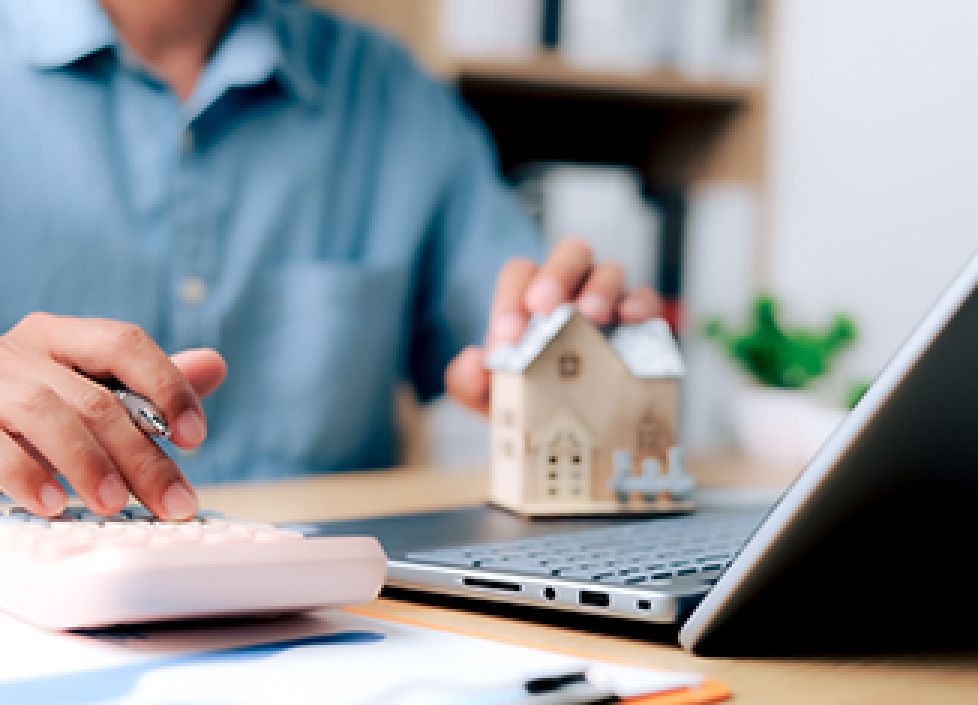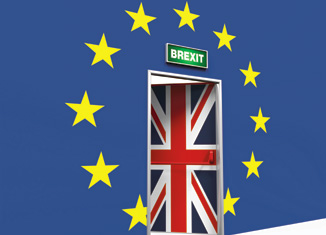In recent years, we have seen an evolution in working environments driven by a shift in employer focus from purely financial to more holistic drivers such as well-being, sustainability and flexibility. The recent pandemic has forced even the most traditional of companies to adapt. This combined with the post-millennial demand for a fully flexible and often integrated work and lifestyle balance is likely to see a seismic change to the traditional office as we know it going forward.
Smart buildings/sustainability
Sustainability is now high on the agenda for developers when creating new office space. This means that there has been a revolution in the way that many buildings are designed.
On a very rudimentary level we have had some level of reactivity in offices for well over a decade, for example with lighting. However, the key to developing smart buildings is the integration of all systems so that they can fully communicate with each other. A network of sensors allow for newer smart buildings to react to the environment around them in real time, for example, maximising energy efficiency, limiting excess water consumption and monitoring and collecting data to improve energy management long term.
Whilst the initial outlays in the creation of smart buildings are often higher, they will increasingly pay dividends for developers, investors and occupiers. Corporate tenants are already savvy when it comes to the reputational impact of sustainability and will increasingly insist on letting buildings from investors that provide the best available sustainable solutions for them. The resulting effect being that the demand for new office space is therefore for smart new office space. In addition tenants using smart buildings will see a direct reduction in the costs of energy consumption.
Whilst the UK is still someway off from making smart buildings commonplace, the technology is available. There is no doubt that as smart building development continues, we will see a snowball effect, resulting in smart ‘zones’ or smart cities. A seamless integration of buildings with the grid and other infrastructure (such as transport), would allow for entire areas to share energy seeing smart buildings generating energy as well as consuming it.




















